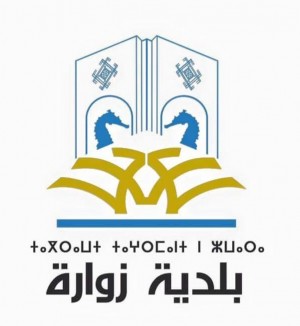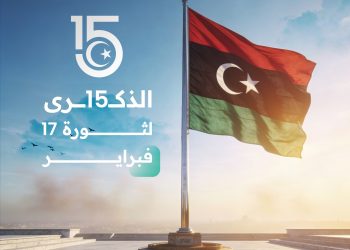
By Jamie Prentis.
Tunis, 17 February 2018:
Zuwara’s education chief has bemoaned the “very weak” universities in the municipality. Dr Abdullah Kabousa blamed a dearth of good teachers and basic materials, problems that were contributing to “long-term” educational weaknesses he said.
Zuwara has four higher education institutes, including a University of Zawia branch that focuses on the arts. This also houses the burgeoning Amazigh classes. A marine college, hotel services school and a technical university, with construction, communication, oil and computers science faculties, make up the rest. However, there are currently no plans for a wide-ranging, official Zuwara University.
“There are huge gaps here. If you want to work in finance, there are no economic colleges for instance,” Kabousa said.
“Then if you are an engineer, yes you can get a degree in engineering, but there also needs to be practical experience. We have a name, but don’t have the laboratories to have advance the students. Money is not as important as equipment,” he added.
The council member was talking from experience as a civil engineer and member of Zuwara’s engineering college.
Ultimately, Kabousa laid the blame at the limited amount of qualified instructors and a lack of basics such as books and materials. Education financing was the government’s priority he claimed and it was their job to contribute.
However, he also said he was concerned over the safety of people from Zuwara and often felt uncomfortable urging students to further their education in other parts of Libya.
Due to this Kabousa said he wanted star students to study abroad, but claimed the Ministry of Education did not help enough.
“I also blame the EU, Zuwara never gets these scholarships they hand out. We need more information to get students abroad,” he said.
With the Italian Melittah Oil and Gas Complex nearby, Kabousa called on the ENI-owned facility to contribute more to Zuwara.
“It would be unfair to say they haven’t helped us to some extent. They have contributed to medicine, gas pipelines and a de-salinization plant. They tried to hire some of engineers but we want more. We have to have more for education,” he insisted.
“They live with us, but don’t want to spend money on us,” Kabousa added.
“I was lucky to study abroad in the US and it had a dramatic impact. It saddens me our people won’t have this access,” he said.







